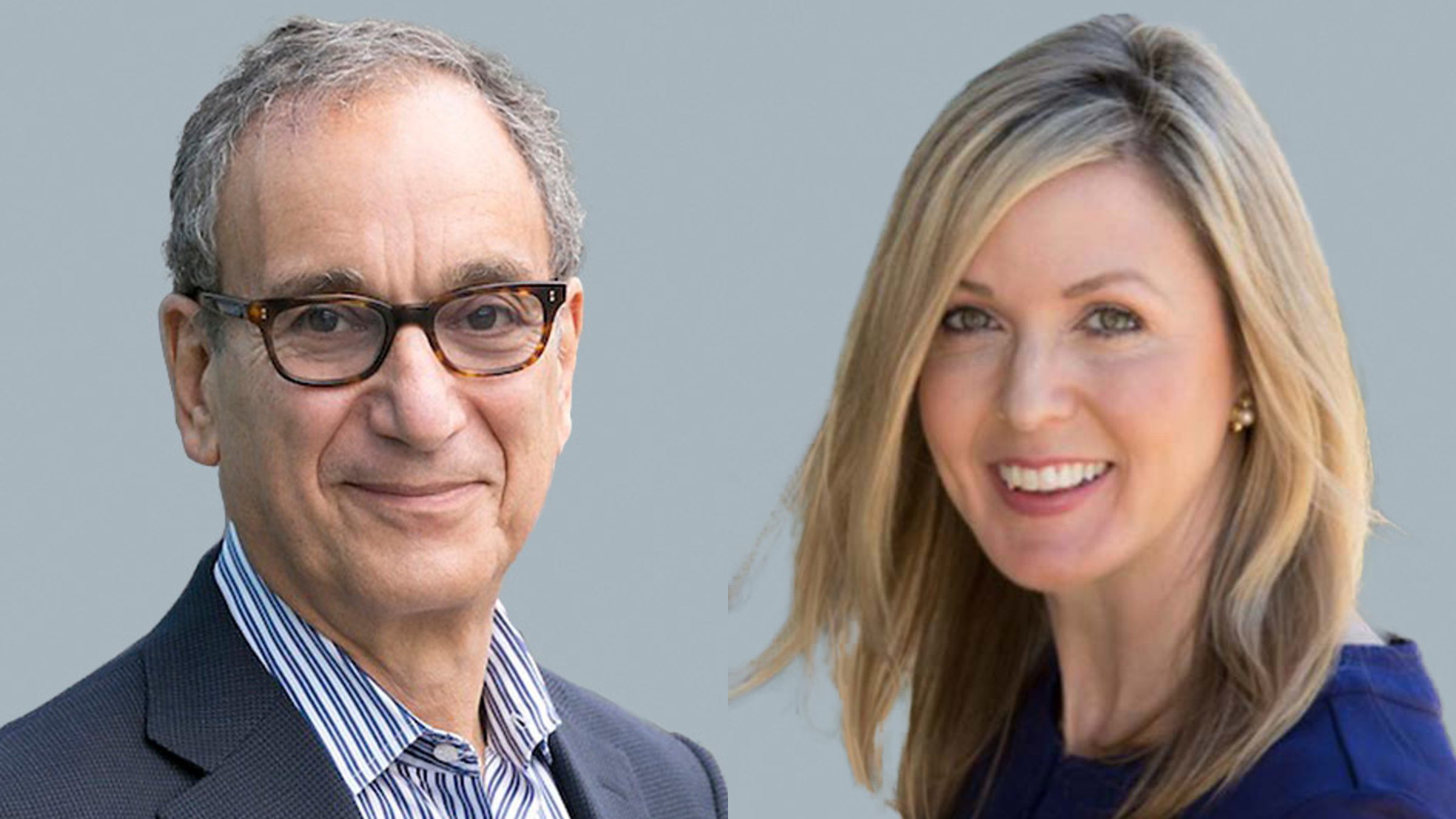
Vir CEO George Scangos (L) and chief corporate affairs officer Bolyn Hubby
In post-Covid life, Vir looks to stomp out influenza in up to $1B BARDA contract that boosts GSK-allied mAb
With its Covid-19 monoclonal antibody sidelined in the US since April and plans for full approval no longer in the cards, Vir Biotechnology is …
Sign up to read this article for free.
Get free access to a limited number of articles, plus choose newsletters to get straight to your inbox.